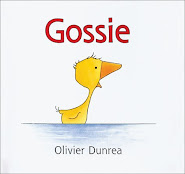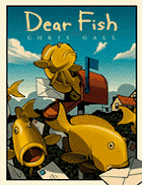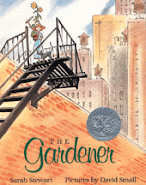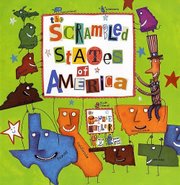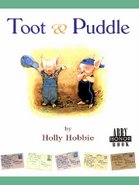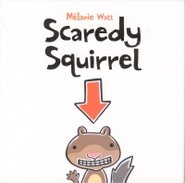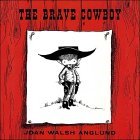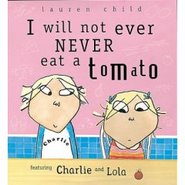
Painting byMorisot: Artist's sister with her child
A safe place to ask those parenting questions we have & receive unconventional answers.

.jpg)
Instead of "Get dressed!" I say, "Its time to get dressed - do you want me to pick the clothes today or do you want to?"
Instead of "Pick up your toys!" I could say, "'Its time to pick up your toys; do you want to put them away fast or slow?" If the answer is fast you could set a timer.
Be sure to give two options you can live with - but it is really the best trick I know. Anyhow, whenever you are given a flat out - no - just rephrase. Try the option thing instead of reasoning.
When I was growing up there were some Saturdays my mom would ask us to either clean up our rooms or dance with her...so here's to dancing and having fun. Choices can be fun!
Painting: The Village Girl and The Imaginative Boy both by Robert Henri - who I love by the by

Painting: The Boyhood of Raleigh by John Everett Millais
Let's face it - by the time I get to the park I'll I want to do is sit back and let them play. Anyhow, what do you think is the right thing to do?
Painting: Snap the Whip by Winslow Homer
I had no idea that I was guilty of this. I wouldn't dream of calling my kids lazy or dumb - but here's the thing: labeling doesn't only apply to negative labels - it applies to positive labels as well.
Jeffrey Holland said, "You may say most positively that "Susan is pretty and Sandra is bright," but all Susan will remember is that she isn't bright and Sandra that she isn't pretty." This is why labeling is dangerous - it seems to pigeonhold a child.
For example, here are phrase and labels I have been guilty of using...
"You are such a great helper."
"What a great artist you are!"
"You are so athletic."
"Wow, you are such a smart boy."
Ok, I know what you are thinking, if I can't say those to praise my child, what can I say? This is what I learned...it is much more powerful to describe the action. So instead of saying something about being a helper, try describing whatever they did to help..."You are so great at putting your toys away in the basket when I asked you. I really needed your help. Thank you." Or when they bring you a finished art project, "Wow, I love the way you colored such thick lines here - and I love the circles over in this corner - I love this color you chose!"
What this does is help children understand what makes them so great! It helps them identify and accurately process their actions. It will help them in school and in life. I know that even as adults we make this mistake, we may be the "creative" friend - but when we aren't feeling creative, we can feel without purpose.
I still say "helper" and fall into labels - but I have really seen that it is harmful. A child who thinks he is a "great writer" - may find himself confused when writing isn't easy for him when he's in school - but a child that knows he is "great at using adjectives" will understand his own talents.
It takes more time - but its pretty great! Thanks to Cheryl for some of these great thoughts!




